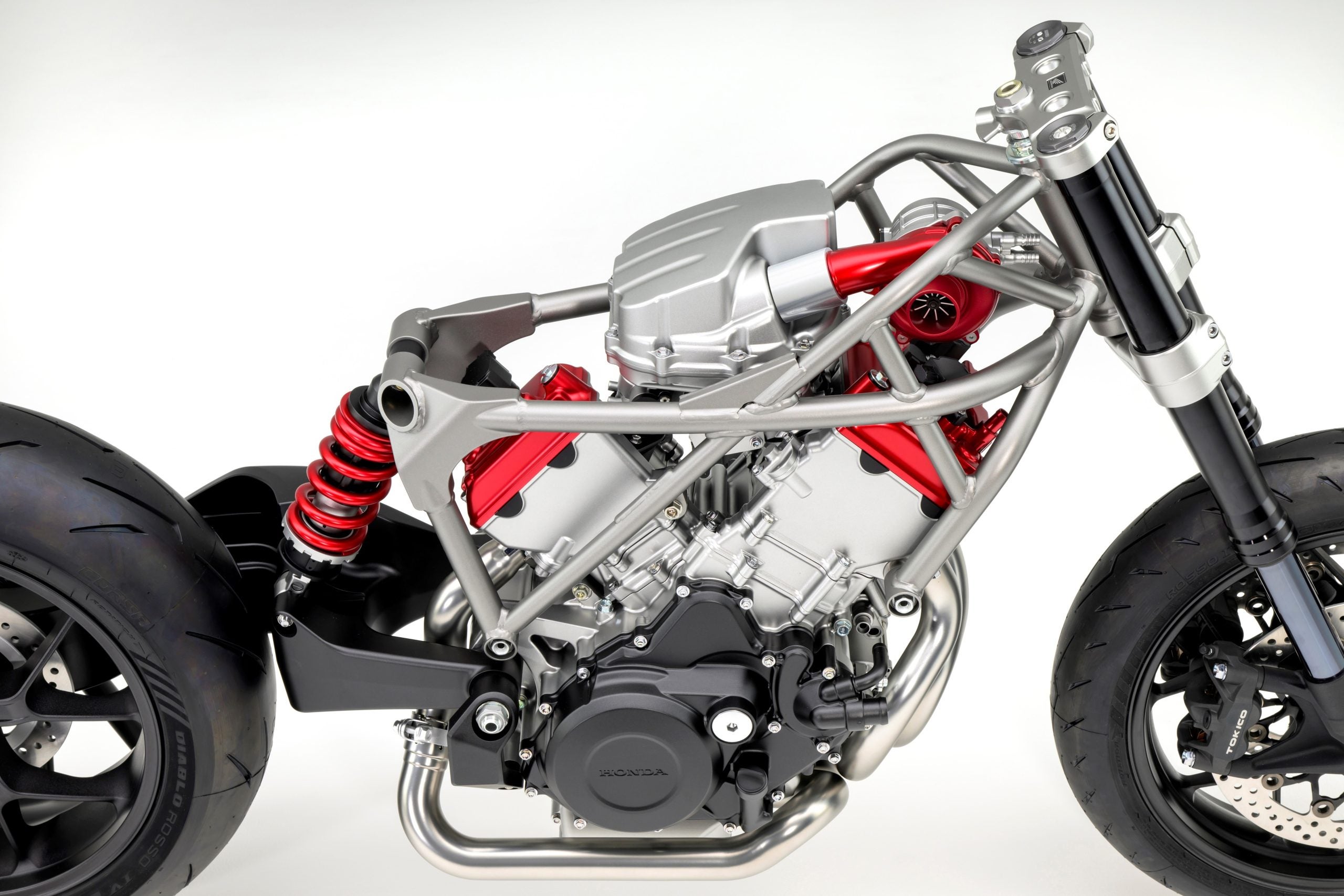If you read my article back in February entitled Will the Bike of the Future Run on Ethanol?, you know a little bit about the possible application of ethanol in production motorcycles. The latest news on the alternative/renewable fuels front is that there is a lot of talk going on in automotive motorsports circles about switching over to new fuel sources in the near future.
In the past, most innovative products and designs were developed in the arena of racing before ‘trickling down’ to production vehicles; examples include overhead cams and disc brakes. However, a trend over the last decade towards tighter regulations has somewhat stifled innovation (except in electronics), and we haven’t seen anything particularly incredible or revolutionary come out of racing for quite a while.
Many in the racing industry agree that this is a problem, and are looking to put motorsports back at the forefront of technological development. Changing over to alternative fuels is a perfect way to do so.
The benefits are numerous. First, racing pre-emptively avoids the possibility of government scrutiny as a ‘wasteful’ use of finite resources (gasoline), an occurrence which becomes ever more likely as the price of oil continues to rise. Manufacturers also gain the opportunity to attain development experience with alternative fuels before bringing production vehicles to the marketplace using these fuels. Third, and perhaps most significantly, manufacturers will be able to use their racing efforts as a promotional/marketing tool to prove that alternative fuel vehicles do not necessarily give up any performance to a gasoline-powered competitor.
In the US, the IRL is leading the charge for alternative fuels, with regulations requiring a switch over to nearly 100% ethanol for the 2007 season (IRL cars currently run on methanol), and the series has closely allied itself with American ethanol producers to help raise customer awareness of ethanol’s viability as a gasoline replacement.
Meanwhile, in the UK (basically the worldwide center of racing development), the government’s Motorsport Developement program has initiated an effort called Energy Efficient Motorsports (EEMS), aiming to help alternative fuel vehicles make inroads into different series. EEMS is currently working on promoting it’s fuel-flow based engine restriction system as an ideal way to regulate parity between gasoline-powered racers and those using alternative fuels; this would make it easier for existing series to allow teams to race an alternative-fuel car and still be competitive, without requiring the series to make a 100% changeover.
Even the big boys at Formula 1 are making noise about alternative fuel – FIA President Max Mosley was recently quoted as saying “We have to move away from hydrocarbon fuels because they will run out”.
With all the attention the automotive racing sector is dedicating to alternative fuels, it is only a matter of time before their two-wheeled counterparts follow suit. Stay tuned to MD for a more in-depth article about alternative fuels and their viability in racing applications.





